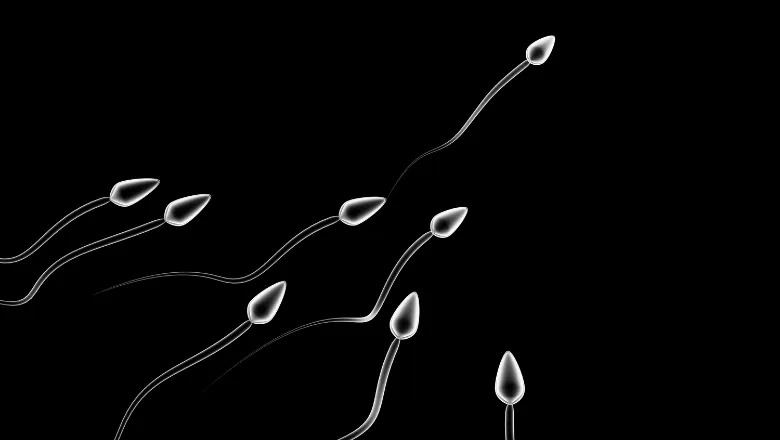The technique aims to significantly reduce the cost and amount of time needed to screen items of evidence in cases of sexual assault.

One of the most valuable forms of forensic evidence in cases of male-perpetrated sexual assault is the presence of semen, either in the form of stains left behind on items or on swabs collected from victims after an offence. To confirm that semen is present, suspected stains are examined under a microscope to see if any sperm cells are visible.
Forensic laboratories typically employ a series of different coloured dyes to help stain the sperm cells, making them easier to detect. However, these stains are not very sensitive or specific, making the detection process complex and time consuming, in particular when stains are old or degraded.
New research, a collaboration between researchers from King's Forensics and the University of Warwick, aimed to develop aptamers, single-stranded DNA molecules, capable of selectively binding to a given target for the recognition of human sperm cells.
Published in the Journal of Analytical and Bioanalytical Chemistry, the research team identified several promising aptamer candidates and subsequently demonstrated that they were able to selectively bind to sperm cells over other cell types.
By adding a fluorescent tag to the aptamers produced, it is hoped that this method may be able to act as a highly specific and sensitive method of detecting sperm cells in forensic casework samples by making them 'light up' under the microscope.
Lead author, Dr James Gooch from the School of Cancer & Pharmaceutical Sciences, noted:
Such a technique would likely result in a drastic reduction in the cost and amount of time needed to screen items of evidence for semen in cases of sexual assault, as well as prevent the possibility of missed evidence - and therefore potential miscarriages of justice.– Dr James Gooch
The aptamers raised as part of the work are being further optimised to make them even more specific. This work is being performed by Hayley Costanzo, PhD student within the Forensic Biochemistry Group at King's, who is supervised by Dr James Gooch and Dr Nunzianda Frascione.
Dr Gooch added: "These optimised sequences will then undergo an extensive validation procedure to allow them to be used within forensic casework laboratories."
Read the full article: Generating aptamers towards human sperm cells using massively parallel sequencing






